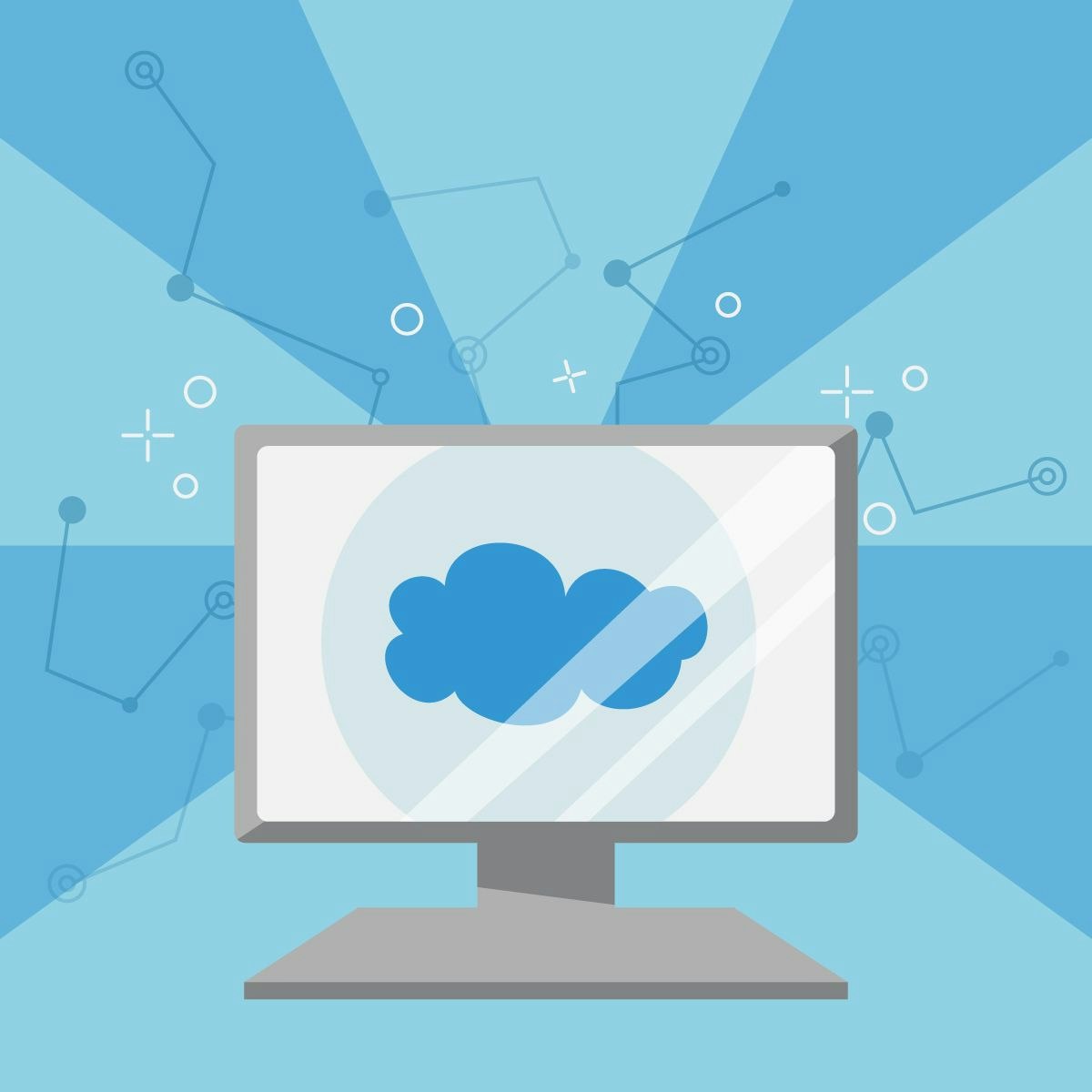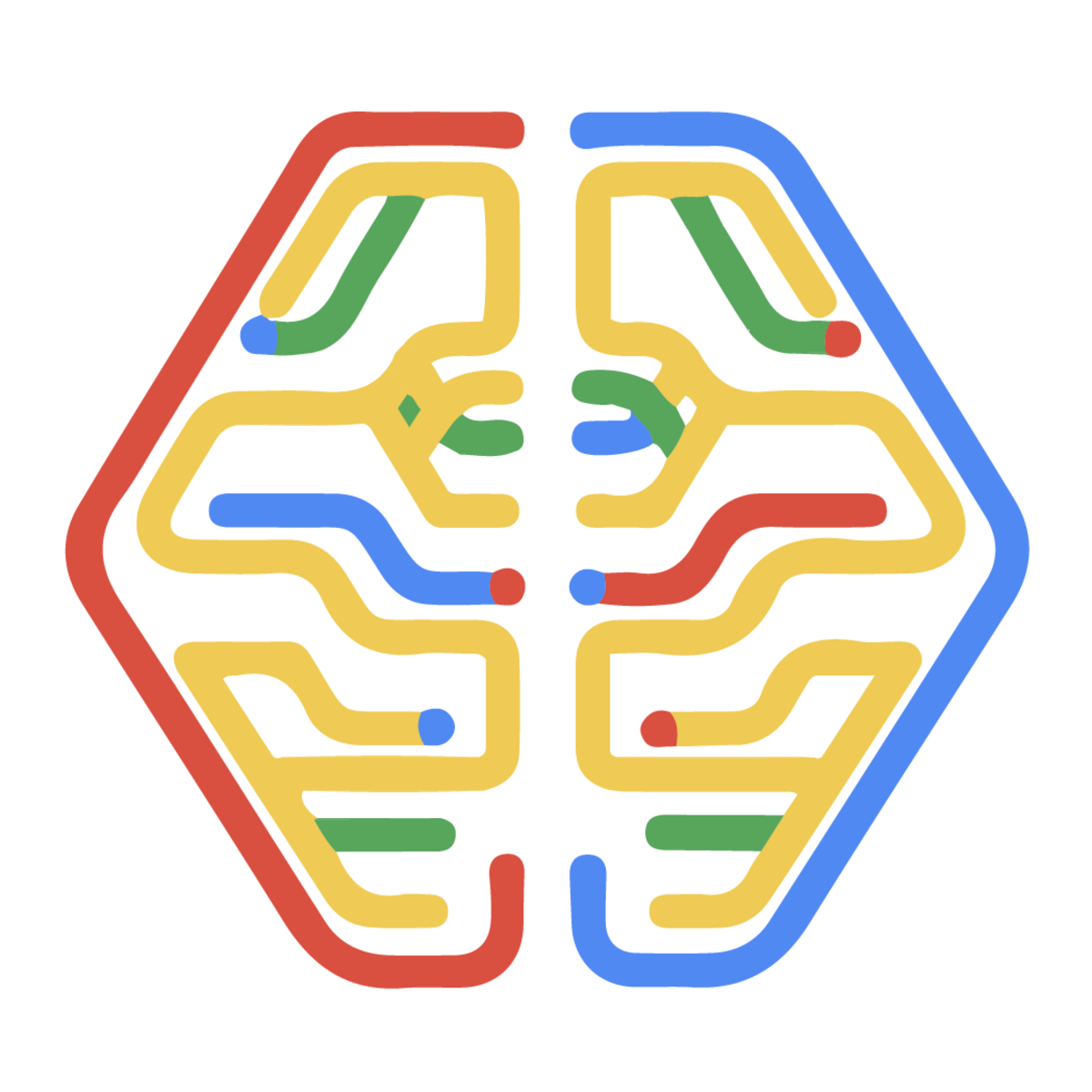Back to Courses









Information Technology Courses - Page 26
Showing results 251-260 of 1471

Data Publishing on BigQuery using Authorized Views for Data Sharing Partners
This is a self-paced lab that takes place in the Google Cloud console. In this lab you will learn how Authorized Views in BigQuery can be used to share customer specific data from a Data Sharing Partner.

Securing Your GKE Deployments with Binary Authorization
This is a self-paced lab that takes place in the Google Cloud console. This hands-on lab demonstrates how to use Binary Authorization to secure your GKE cluster by requiring all containers to be verified and signed by trusted attestors as a part of the build/deploy process.

Autoscaling TensorFlow Model Deployments with TF Serving and Kubernetes
This is a self-paced lab that takes place in the Google Cloud console.
AutoML Vision helps developers with limited ML expertise train high quality image recognition models. In this hands-on lab, you will learn how to train a custom model to recognize different types of clouds (cumulus, cumulonimbus, etc.).

Connect to Cloud SQL from an Application in Kubernetes Engine
This is a self-paced lab that takes place in the Google Cloud console. This lab shows how easy it is to connect an application in Kubernetes Engine to a Cloud SQL instance using the Cloud SQL Proxy container as a sidecar container. You will deploy a Kubernetes Engine cluster and a Cloud SQL Postgres instance and use the Cloud SQL Proxy container to allow communication between them.

Salesforce Basics
In this course, you will learn about what the world’s number one Customer Relationship Manager (CRM) system has to offer. You will begin this course by understanding the components that Salesforce leverages to make it an optimal system. You will learn about the basics in Lightning for Sales, Community Cloud and Marketing, and understanding how to secure your Salesforce Organization and Manage Permissions. These tools will serve as building blocks to implementing Salesforce into any organization. The course includes in-depth readings and practical application activities within Salesforce's Trailhead education platform, peer discussion opportunities, demonstration videos, and peer review assignments.

Application Security and Monitoring
How vulnerable are your applications to security risks and threats? This course will help you identify vulnerabilities and monitor the health of your applications and systems. You’ll examine and implement secure code practices to prevent events like data breaches and leaks, and discover how practices like monitoring and observability can keep systems safe and secure.
You will gain extensive knowledge on various practices, concepts, and processes for maintaining a secure environment, including DevSecOps practices that automate security integration across the software development lifecycle (SDLC), Static Application Security Testing (SAST) for identifying security flaws, Dynamic Analysis, and Dynamic Testing. You’ll also learn about creating a Secure Development Environment, both on-premise and in the cloud. You’ll explore the Open Web Application Security Project (OWASP) top application security risks, including broken access controls and SQL injections.
Additionally, you will learn how monitoring, observability, and evaluation ensure secure applications and systems. You’ll discover the essential components of a monitoring system and how application performance monitoring (APM) tools aid in measuring app performance and efficiency. You’ll analyze the Golden Signals of monitoring, explore visualization and logging tools, and learn about the different metrics and alerting systems that help you understand your applications and systems.
Through videos, hands-on labs, peer discussion, and the practice and graded assessments in this course, you will develop and demonstrate your skills and knowledge for creating and maintaining a secure development environment.

Extract Text Data with Bash and Regex
By the end of this project, you will extract email text data from a file using a regular expression in a bash script.
The bash shell is a widely used shell within Linux distributions. One of the Linux tools often needed is file data extraction to obtain specific fields from files. For example, email files containing email addresses can often be difficult to analyze because of extraneous data. Error log files may also be more easily analyzed by matching specific data fields.
Note: This course works best for learners who are based in the North America region. We’re currently working on providing the same experience in other regions.

Information Systems Auditing, Controls and Assurance
The course is awarded The Best Free Online Courses of All Time, and Best Online Courses of the Year (2021 Edition) by Class Central (http://www.classcentral.com).
---
Information systems (IS) are important assets to business organizations and are ubiquitous in our daily lives.
With the latest IS technologies emerging, such as Big Data, FinTech, Virtual Banks, there are more concerns from the public on how organizations maintain systems’ integrity, such as data privacy, information security, the compliance to the government regulations. Management in organizations also need to be assured that systems work the way they expected. IS auditors play a crucial role in handling these issues.
In the course “Information Systems Auditing, Controls and Assurance”, you will explore risks of information systems, and how to mitigate the risks by proper IS Controls. You will also get familiar with the IS Audit procedures and how they are applied during the IS development throughout the Systems Development Life Cycle (SDLC).
Finally, you will get to observe how we can make the system changes more manageable using formal IS Management practices, such as Change Management Controls and Emergency Changes.
The conversations between the course instructor - Prof. Percy Dias, and the IS auditing practitioner will give you a concrete idea on how IS auditors perform their duties, the qualities to become IS auditors and future prospects of IS auditing industry.
This course is suitable for students and graduates from Information Systems, Information Technology and Computer Science, and IT practitioners who are interested to get into the IS auditing field. It is also a good starting point for learners who would like to pursue further studies for IS audit certifications – such as Certified Information Systems Auditor (CISA).

APIs Explorer: Create and Update a Cluster
This is a self-paced lab that takes place in the Google Cloud console.
In this lab you’ll learn how to use an inline Google APIs Explorer template to call the Cloud Dataproc API to create a cluster, run a simple Spark job in the cluster, and update the cluster.

Recommendation Systems on Google Cloud
In this course, you apply your knowledge of classification models and embeddings to build a ML pipeline that functions as a recommendation engine.
This is the fifth and final course of the Advanced Machine Learning on Google Cloud series.
Popular Internships and Jobs by Categories
Browse
© 2024 BoostGrad | All rights reserved


